Sports Hernia: Diagnosis and Therapeutic Approach
$ 29.50 · 4.8 (232) · In stock

Unlike most other types of groin pain, sports hernias rarely improve with nonsurgical measures; thus, open or laparoscopic herniorrhaphy should be considered. Abstract Groin pain is a common entity in athletes involved in soccer, ice hockey, Australian Rules football, skiing, running, and hurdling. An increasingly recognized cause of groin pain in these athletes is a sports hernia, an occult hernia caused by weakness or tear of the posterior inguinal wall, without a clinically recognizable hernia, that leads to a condition of chronic groin pain. The patient typically presents with an insidious onset of activity‐related, unilateral, deep groin pain that abates with rest. Although the physical examination reveals no detectable inguinal hernia, a tender, dilated superficial inguinal ring and tenderness of the posterior wall of the inguinal canal are found. The role of imaging studies in this condition is unclear; most imaging studies will be normal. Unlike most other types of groin pain, sports hernias rarely improve with nonsurgical measures; thus, open or laparoscopic herniorrhaphy should be considered.
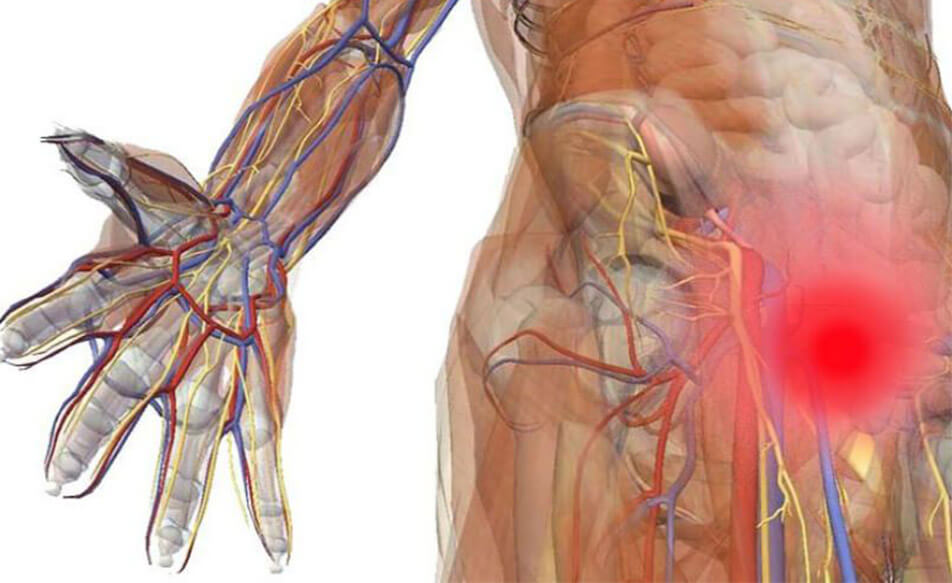
Sports Hernia: diagnostic and therapeutic approach - Dr Antonio Guglielmi
Orthobullets - Athletic Pubalgia is a clinical entity characterized by anterior pelvic/groin pain, commonly referred to as sports hernia, thought to occur as a result of an adductor muscle strain due to

Athletic Pubalgia
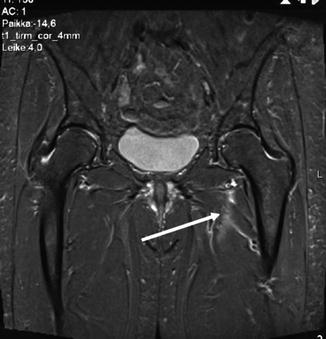
Surgical Treatment of Sports Hernia: Laparoscopic Approach

PDF) Groin Pain in Athletes — Sports Hernia and Osteitis Pubis

Understanding “Sports Hernia” (Athletic Pubalgia): The Anatomic and Pathophysiologic Basis for Abdominal and Groin Pain in Athletes - ScienceDirect
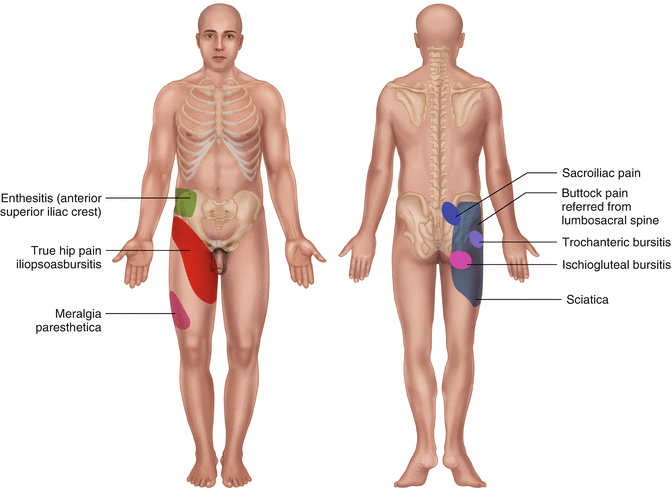
Nonoperative Treatment of Sports Hernia
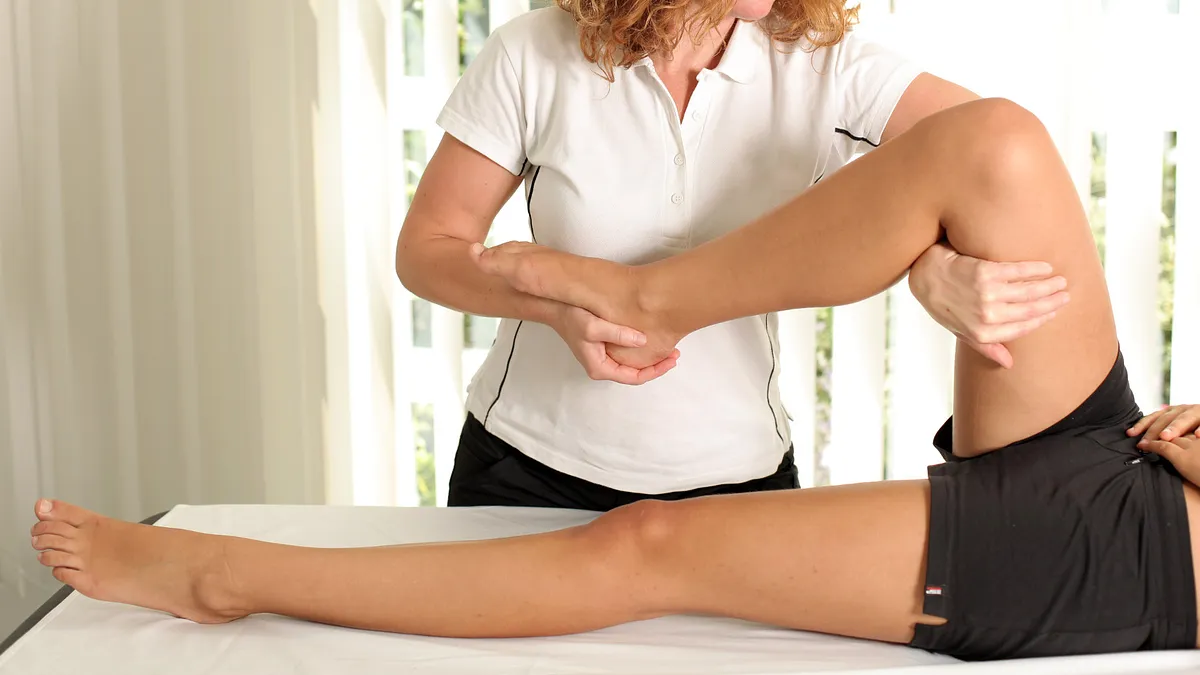
Sports Hernia Treatment

Hernia - Symptoms, Types, Causes, Complications, Prevention

Sportsman's hernia
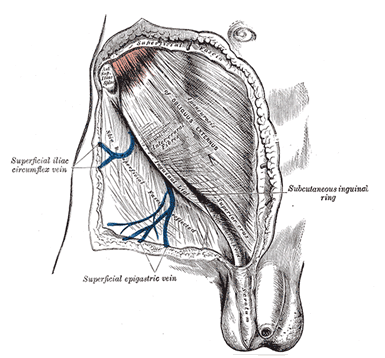
Physical Exam Sports Hernia Specialist
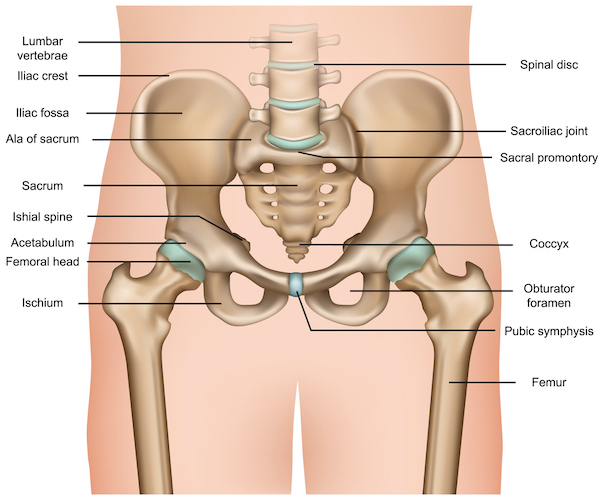
12 Truths About Sports Hernias Your Doctor Didn't Tell You - Performance Place Sports Care
